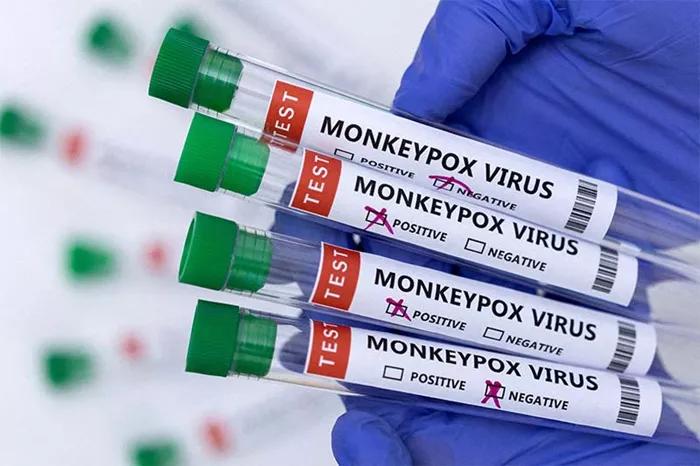The Democratic Republic of the Congo (DRC) no longer expects to receive its initial shipment of mpox vaccines this week, as global health authorities emphasize that the spread of the disease can still be contained.
Cris Kacita, head of the DRC’s mpox response team, confirmed to Reuters on Monday that the vaccine delivery is delayed, stating, “No. There are still several processes to follow.” The delay is attributed to the need for the Congolese pharmaceutical regulatory agency to coordinate with Danish drugmaker Bavarian Nordic for guidance before the vaccines can be dispatched.
The World Health Organization (WHO) reiterated on Monday that the mpox outbreaks in the DRC and neighboring countries can be controlled with a coordinated response. “The mpox outbreaks in the Democratic Republic of the Congo and neighboring countries can be controlled, and can be stopped,” WHO Director-General Tedros Adhanom Ghebreyesus said in a statement.
Despite the WHO’s assurances, the spread of mpox remains a significant challenge. Earlier this month, the WHO declared mpox a global public health emergency for the second time in two years. While the majority of cases are concentrated in the DRC, countries in Asia and Europe have also reported infections.
The DRC had initially hoped to begin receiving vaccine shipments this week, following promises of assistance from Japan and the United States. On August 19, the DRC health minister expressed optimism about the timely arrival of the vaccines. However, those hopes have now been dashed.
Adding to the urgency, Germany announced on Monday that it would donate 100,000 vaccine doses to the DRC, which reported over 1,000 new mpox cases last week. The Africa Centres for Disease Control and Prevention reported that as of Thursday, more than 21,300 suspected or confirmed cases and 590 deaths have been recorded this year across 12 African nations.
The WHO is ramping up its efforts to combat the spread of the virus, with plans to significantly increase staffing in affected countries. The agency unveiled a six-month plan aimed at improving access to vaccines and enhancing prevention and response efforts. The plan, which will focus on vaccinating individuals at the highest risk, including close contacts of recent cases and healthcare workers, is expected to require $135 million in funding. The WHO announced that a funding appeal would be launched shortly.
As the DRC and other impacted nations await vaccine deliveries, the global health community remains on high alert, determined to prevent further spread of the virus.
[inline_related_posts title=”You Might Be Interested In” title_align=”left” style=”list” number=”6″ align=”none” ids=”11801,11805,11769″ by=”categories” orderby=”rand” order=”DESC” hide_thumb=”no” thumb_right=”no” views=”no” date=”yes” grid_columns=”2″ post_type=”” tax=””]
































